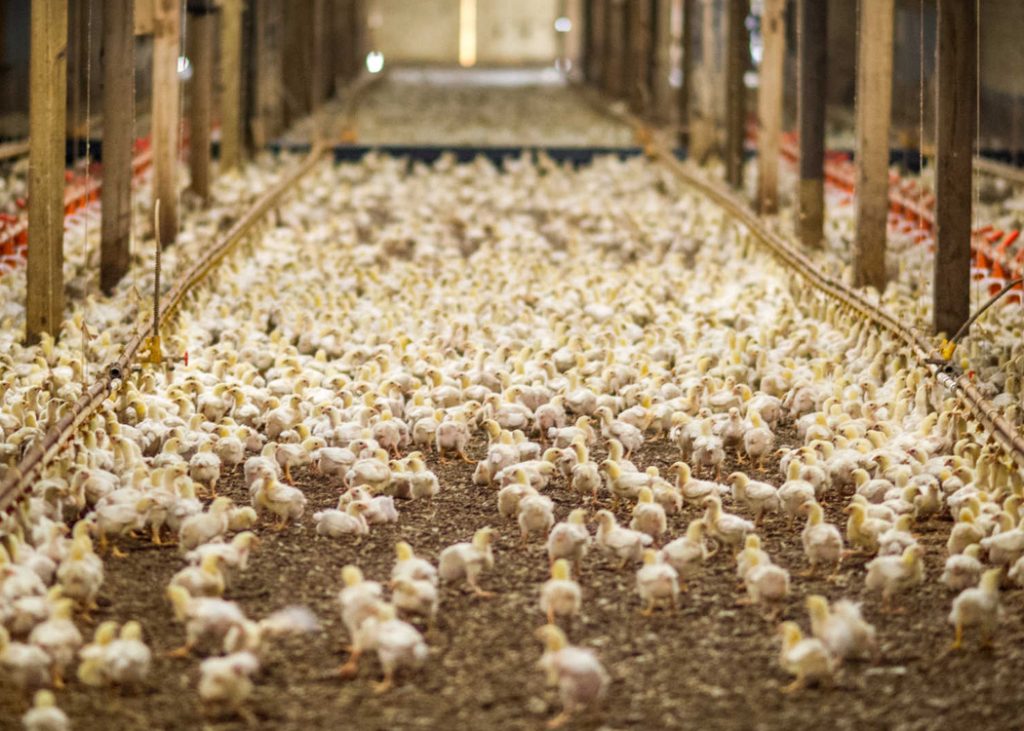
AVN Web Desk
A recently released report by The Animal Welfare Committee of the Welsh government recommends alternatives to the practice of culling newly hatched chicks within the poultry industry, addressing sectors such as commercial egg production, disposal of chicks and embryos from broiler breeder birds, newly hatched turkey poults, and newly hatched ducklings.
The committee, an expert body under the Department for Environment, Food, and Rural Affairs, collaborates with both the Scottish and Welsh Governments.
The report urges the government to declare routine culling of newly hatched chicks and turkey poults based on their sex as illegal once accurate sexing methods become available for implementation in hatcheries across Great Britain.
Following the implementation of reliable sexing methods, the report recommends prohibiting the importation of eggs, female chicks, and poults from production systems that still engage in routine culling.
It suggests that any forthcoming government welfare labeling scheme for eggs, meat chickens, and turkeys should consider, in its standards definition, whether the production system involves the routine culling of chicks or poults due to their sex.
The report says until reliable sexing methods are in place, governments should provide financial support for the adoption and utilization of egg sexing technologies that do not impose significant negative welfare impacts. Currently available technologies include allantoic fluid analysis, hyperspectral imaging, and magnetic resonance imaging, to be applied ideally no later than day 12 of incubation.
Governments are encouraged to endorse the advancement and utilization of dual-purpose breeds, aligning with regenerative and agroecological farming programs. This aligns with broader recommendations to reduce meat consumption, contributing to the government’s net-zero emissions target, in line with climate change objectives.
These recommendations mark a comprehensive effort to address ethical concerns within the poultry industry while encouraging advancements in technology and farming practices.





